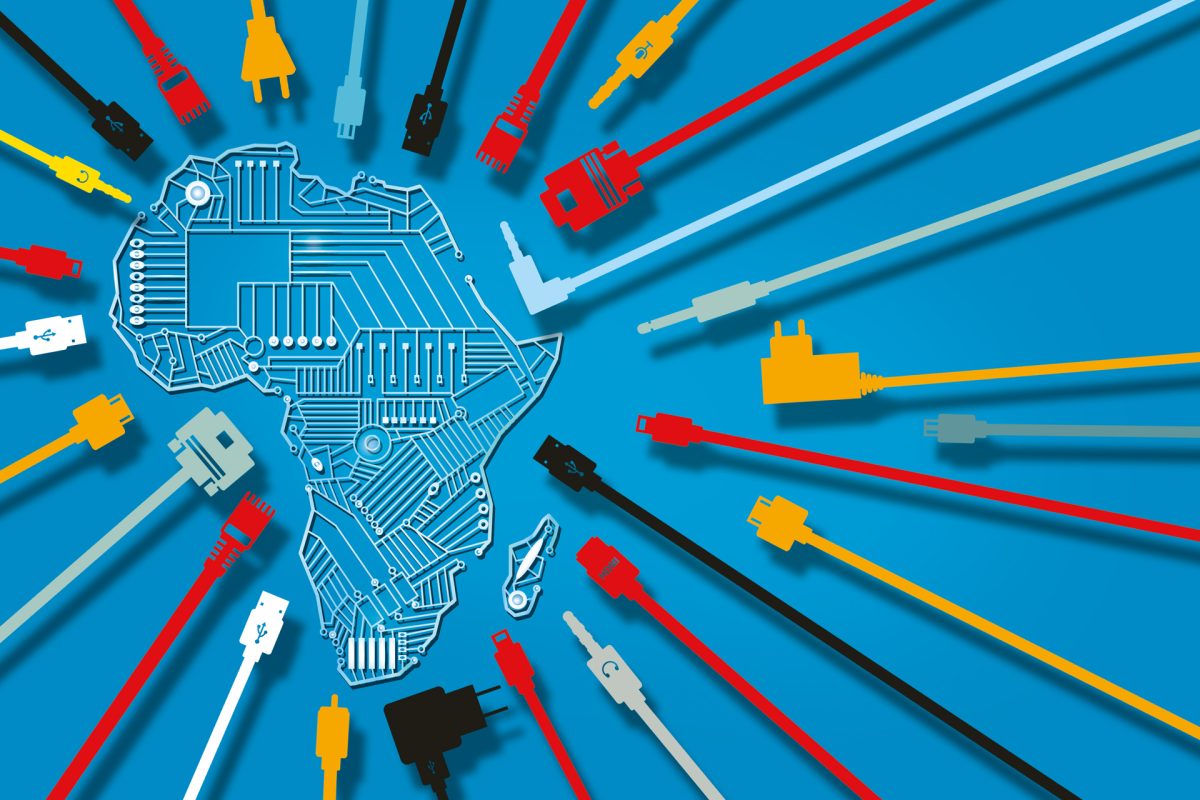
In an earlier report, we noted that the internet is now an important part of our everyday lives, and it has greatly changed how we communicate, work, learn, and get information. We have seen it spur economic growth, open up new opportunities, and connect people worldwide.
Because of this, the number of internet users around the world keeps climbing, driven by factors like the increasing availability of affordable devices, improved connectivity, and the proliferation of digital services.
Despite Africa’s rapid strides in technology and innovation, a huge portion of the population is not connected to the internet
Africa is home to some of the fastest-growing tech hubs in the world, yet it also has one of the lowest internet penetration rates globally, particularly in rural areas where connectivity is sparse or nonexistent.
According to DataReportal, Burkina Faso and Benin both have a relatively low number of internet users, with 4.69 million each. Rwanda follows closely with 4.91 million users.
But there has also been commendable progress in expanding internet infrastructure. As of January 2024, Nigeria had over 103 million internet users, the highest number in Africa, according to data from DataReportal. Egypt followed with more than 82 million users.
A notable trend across leading digital markets in Africa is that the majority of web traffic comes from mobile devices. In Nigeria, which has one of the largest numbers of internet users globally, 86.2 per cent of web traffic is generated via smartphones, while only about 13.3 per cent comes from PCs.
Below are the 10 African countries with the lowest number of internet users in 2024:
| Rank | Country | Number of internet users |
|---|---|---|
|
1 |
Burkina Faso |
4.69 million |
|
2 |
Benin |
4.69 million |
|
3 |
Rwanda |
4.91 million |
|
4 |
Zimbabwe |
5.48 million |
|
5 |
Libya |
6.13 million |
|
6 |
Zambia |
6.51 million |
|
7 |
Mozambique |
7.96 million |
|
8 |
Mali |
7.82 million |
|
9 |
Tunisia |
9.86 million |
|
10 |
Senegal |
10.79 million |









